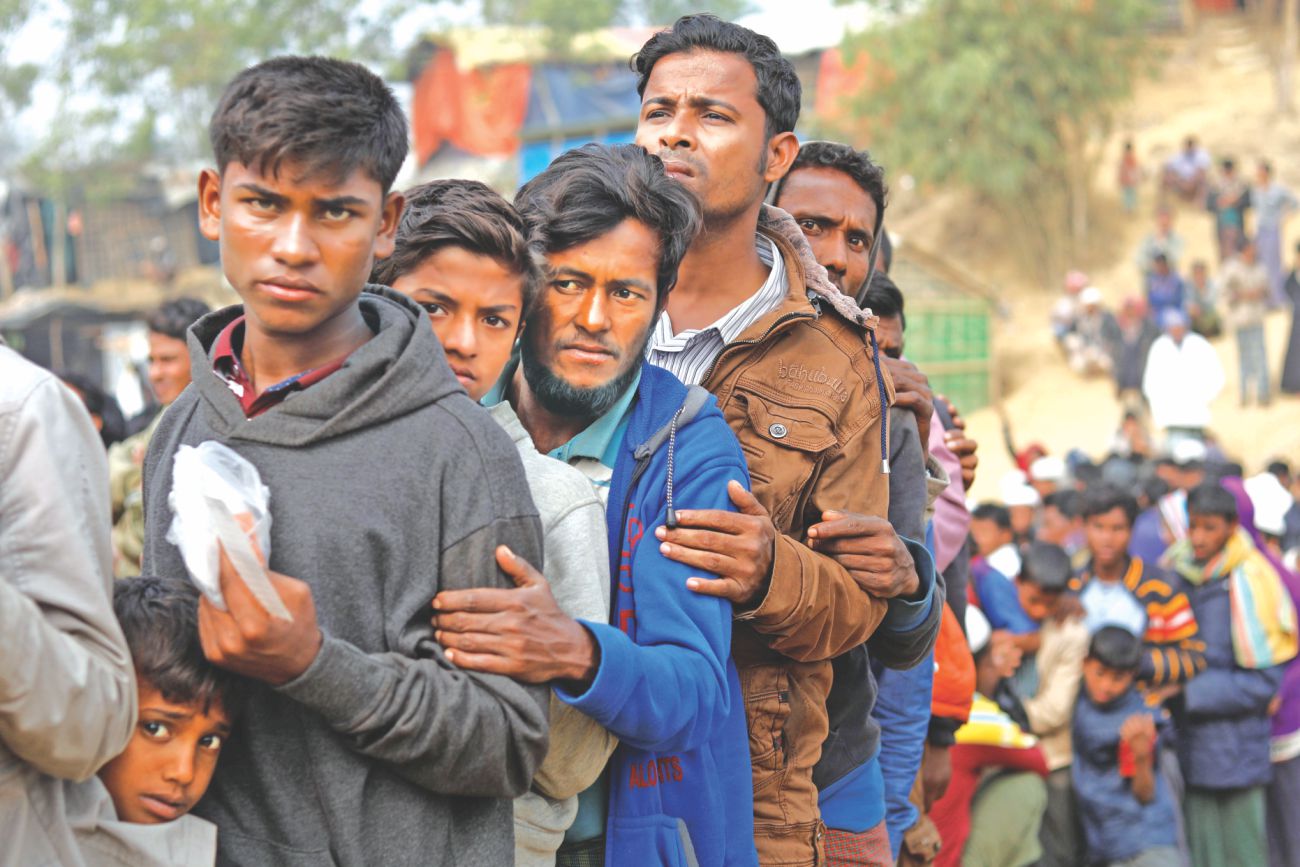Rohingya crisis: Myanmar ‘bars entry’ for UK govt body after criticism
The Myanmar authorities have allegedly blocked entry for a fact-finding committee of the British government following criticism by the UK MPs over Myanmar's role in the Rohingya crisis.
The Commons International Development Committee was due to hold a series of meetings with Myanmar's senior military and civilian leaders including the country's de facto leader Aung San Suu Kyi and scrutinise the British aid projects in Myanmar, reports The Telegraph.
The committee had produced a report in January this year condemning the persecution on Rohingyas in Myanmar, highlighting the evidence of sexual violence on the Muslim minority carried out by the country's military during a crackdown in late August last year, forcing nearly 700,000 people to flee to Bangladesh.
The Myanmar embassy has reportedly failed to provide visas for the members of the committee's fact-finding body, a move which the committee accused as linked to their report on the Rohingya crisis.
Expressing extreme disappointment, the Committee Chair and Labour MP Stephen Twigg said that it was hard to escape the conclusion that this was a direct consequence of the committee's report on the Rohingyas, reports The Telegraph.
The refusal to allow entry to the committee has also hampered its job of overseeing the projects in Myanmar funded by a £100 million Department for International Development (DFID) aid programme for 2018-19, Twigg also said.
The UK MPs were due to visit the health and education projects in Myanmar's Rakhine state and Magway region.
Earlier in January, the committee expressed "grave concern" about the plans to repatriate the Rohingya refugees in Bangladesh, terming the crisis a "huge human tragedy" caused by Myanmar's actions.
The UK MPs had warned against any repatriation plan for the Rohingyas without guarantees of protection, and called for voluntary return of the refugees.
The governments of Bangladesh and Myanmar had earlier drawn up an agreement to begin repatriation of the Rohingya refugees from late January. The repatriation process, however, has been postponed for logistical reasons, reports The Telegraph.
The Rohingyas in the refugee camps in Bangladesh were reportedly traumatised by fears of forced return to Myanmar, with their community leaders demanding the Myanmar authorities first guarantee the Rohingyas of their long-denied citizenship and include them in the country's list of recognised ethnic groups.
On Wednesday, February 28, 2018, hundreds of Rohingyas living in the no man's land between Bangladesh and Myanmar abruptly fled into Bangladesh, claiming that Myanmar soldiers had threatened them to leave.
The incident took place after the Myanmar soldiers beefed up patrols along the barbed wire border fence, increasing pressure and causing panic among the around 6,000 people living on the thin strip of land between the two countries, reports The Telegraph.



 For all latest news, follow The Daily Star's Google News channel.
For all latest news, follow The Daily Star's Google News channel. 
Comments